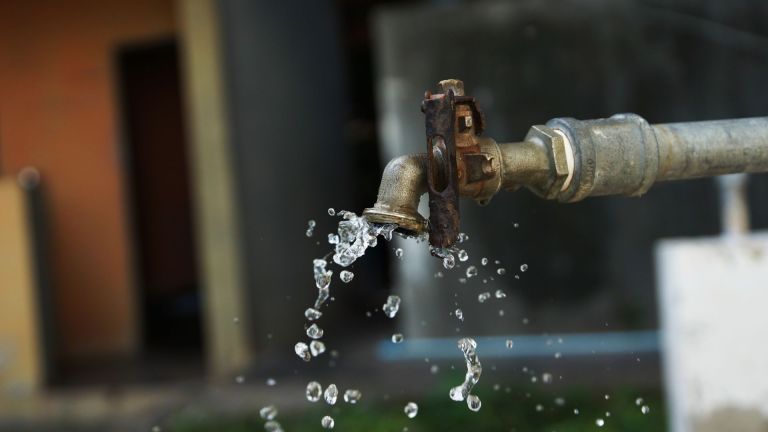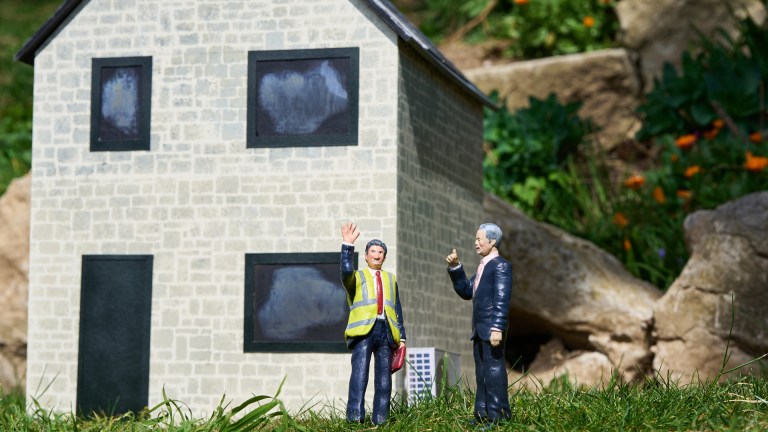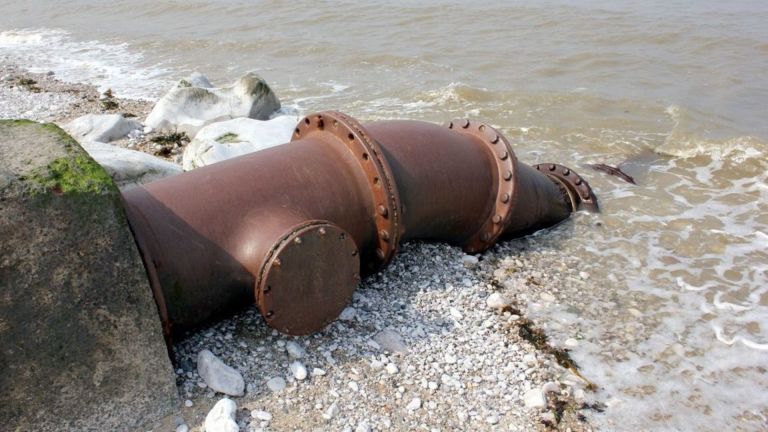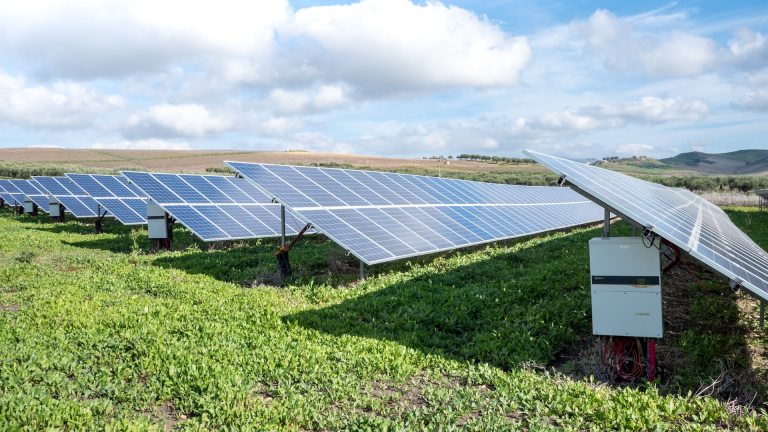Support The Big Issue and our vendors by signing up for a subscription.
Ministers could make a different by investing in the railway system or introducing a frequent flyer tax, Bell added, to make it easier for people to make planet-friendly choices.
“It’s still much harder than it should be to build a community wind turbine,” she added. “We invented this amazing tech and there are people all over the country who want to make use of it, the government should be helping them.”
A quarter of people want more help from those in power to get involved in the climate effort, according to BT’s research, with many feeling lost without a “collective” movement to get behind.
“None of this means we should all sit back and wait until the next election,” Bell said. “We can’t wait that long. And there’s a load we can and should be doing ourselves, not least because cultural change is a big driver in political change.
“It’s not as simple as a binary choice between action you take at home and what governments do, the world’s more complex than that, and something you choose to do yourself can ripple out not just through society but to large scale political change too.”
Advertising helps fund Big Issue’s mission to end poverty
Those who want to do more to protect the planet should start with something they’re passionate about, Bell said.
“Don’t just cut down on meat, invite your friends over for a plant based picnic. Don’t just swear off flying, have fun planning an amazing train trip and tell everyone about how much fun it was when you get back.
“And whatever you do, let your local MP know. Many MPs want to do more on climate change but don’t think their constituents care, prove them wrong about that.”
More than a third of those surveyed by BT wanted businesses to make their sustainable products more affordable for everyone, to encourage people to make the switch and ensure eco-friendly habits were not the reserve of wealthy people.
Beth Surgenor-Aldridge, communications manager for the Climate Coalition, agreed tackling the climate crisis could “feel rather daunting” but emphasised the need for everyone to “pull in the same direction”.
Advertising helps fund Big Issue’s mission to end poverty
“That begins with us raising our hands and speaking up to say that we care, to let our communities, friends, and families know that they are not acting alone,” she told The Big Issue. “One way to get involved is through The Climate Coalition’s Great Big Green Week in September. Communities across the country will be coming together to show how they are stepping up for the planet, and asking politicians to do the same.
“Every step adds up to make a big change. Whether that be more sustainable choices in our day to day lives like cycling to work rather than driving, or using our voices to call for change at the political level through engaging with our decision-makers, it all makes a difference.”
The study highlighted the main ways people are already trying to make a difference, with 54 per cent of people cutting down on waste and a third making an effort to shop more locally.
But the most effective way for ordinary people to beat global warming is protest, Extinction Rebellion told The Big Issue.
“For years people have been encouraged to think about addressing the climate crisis in terms of consumer rights and to put their faith in the influence of consumer choices,” a spokesperson said.
“We also have rights as citizens. Given the severity and urgency of the issue, it’s those rights as citizens that we need to exercise in order to bring about the scale of change needed.
Advertising helps fund Big Issue’s mission to end poverty
“Social change research suggests that with around 3.5 percent of the population actively engaged in protest action significant change is possible. Extinction Rebellion will continue to mobilise and offer people a means to effect change in the face of an impending global crisis.”










